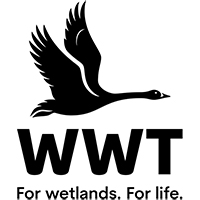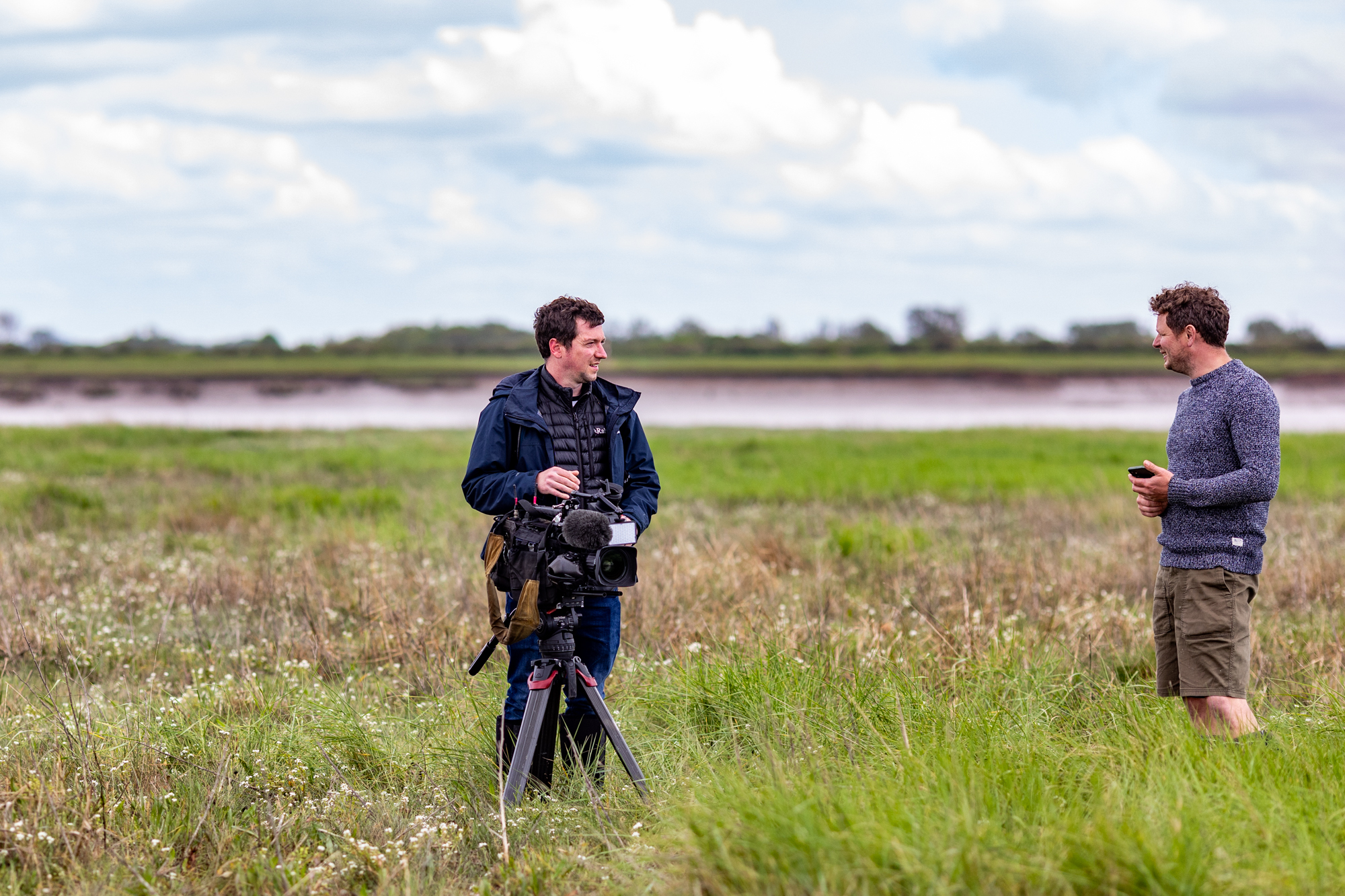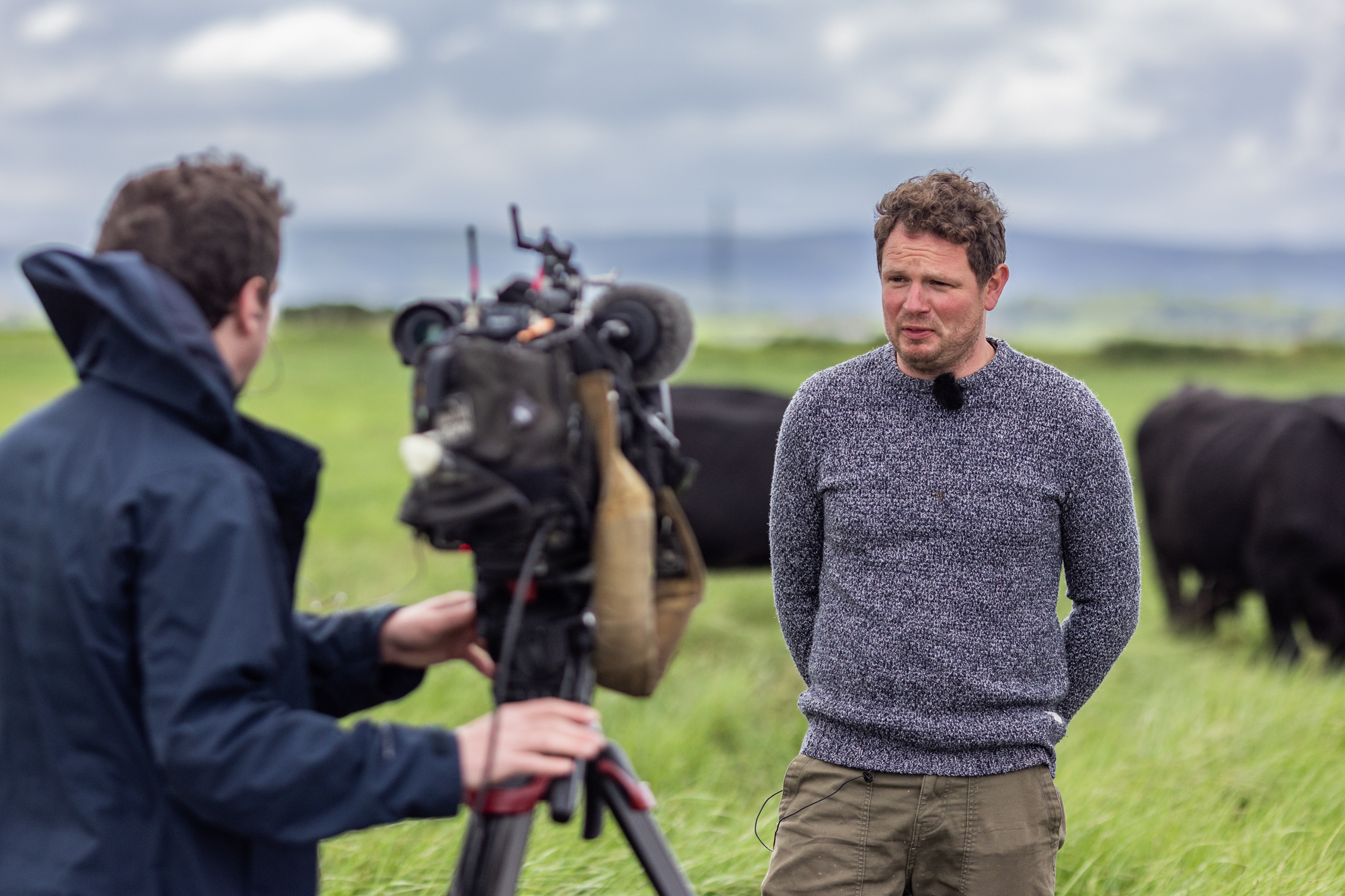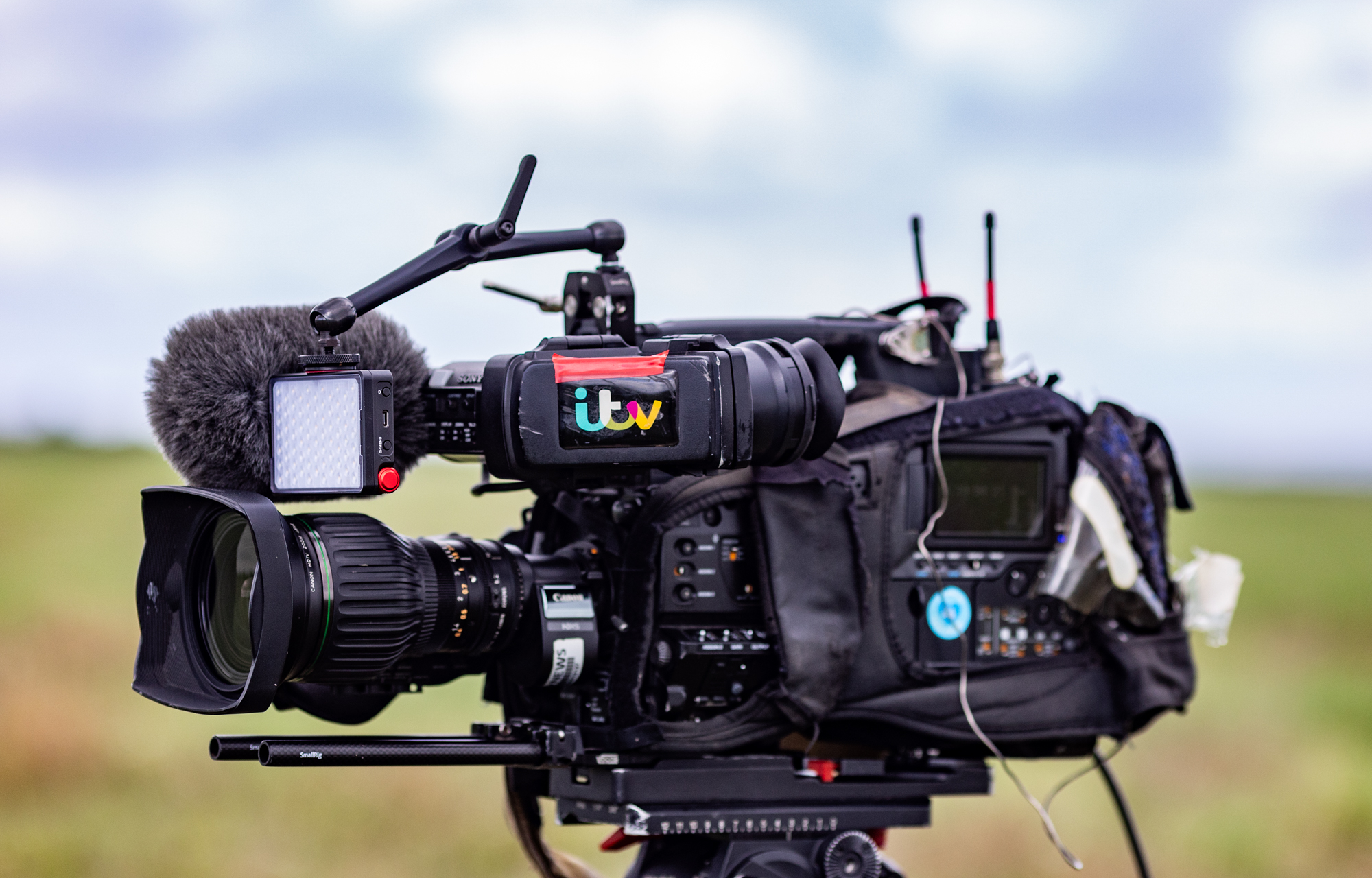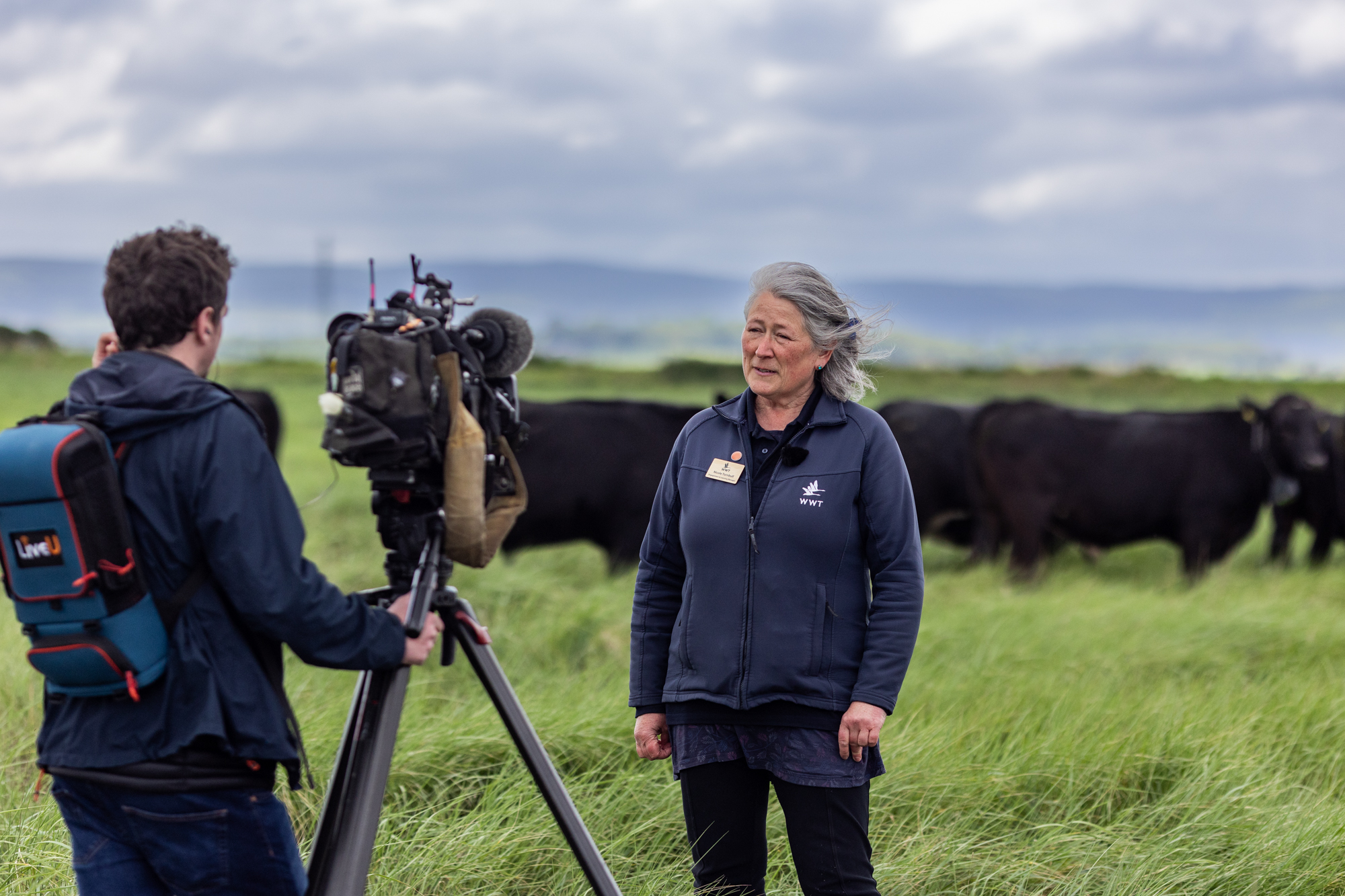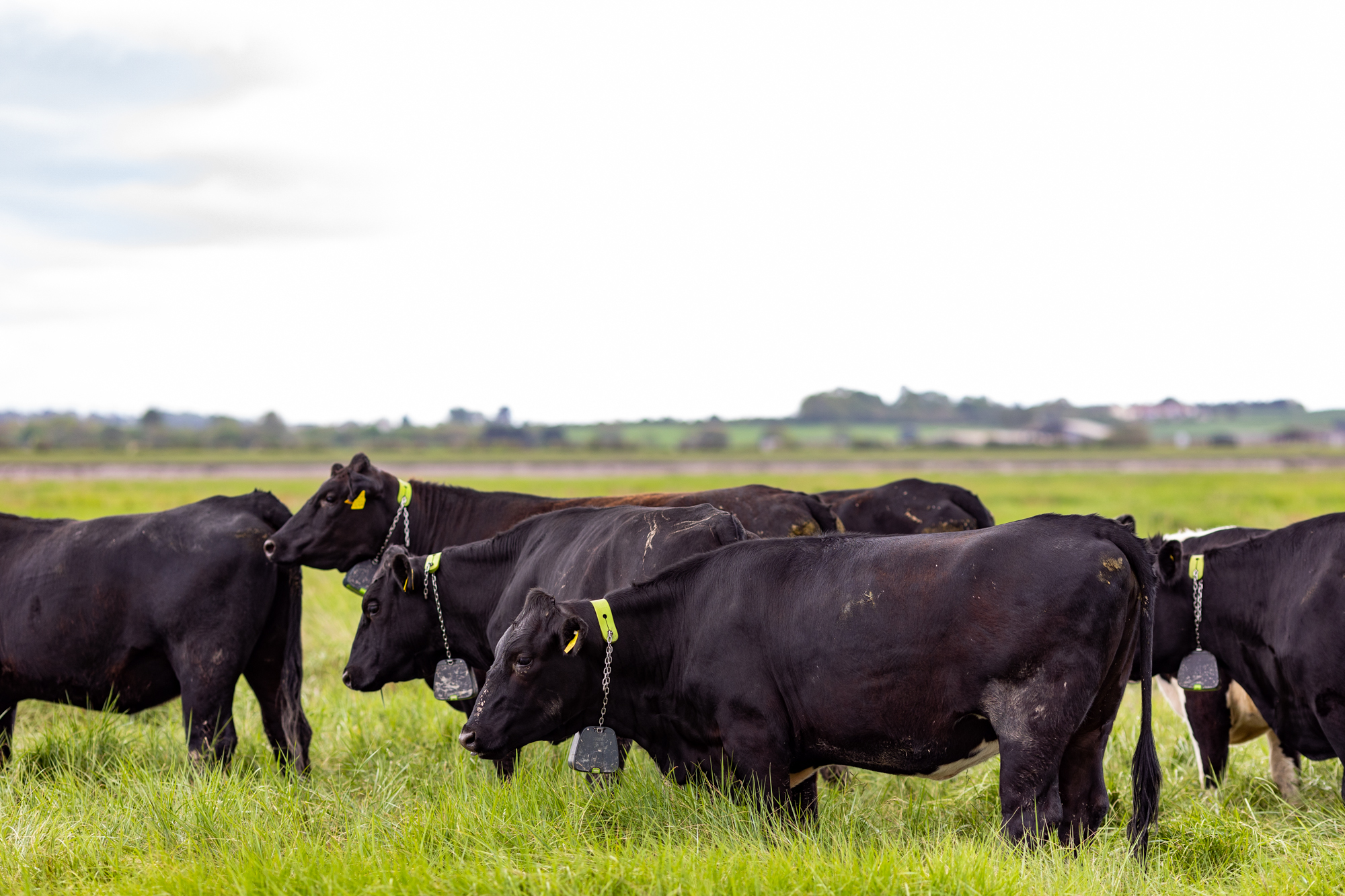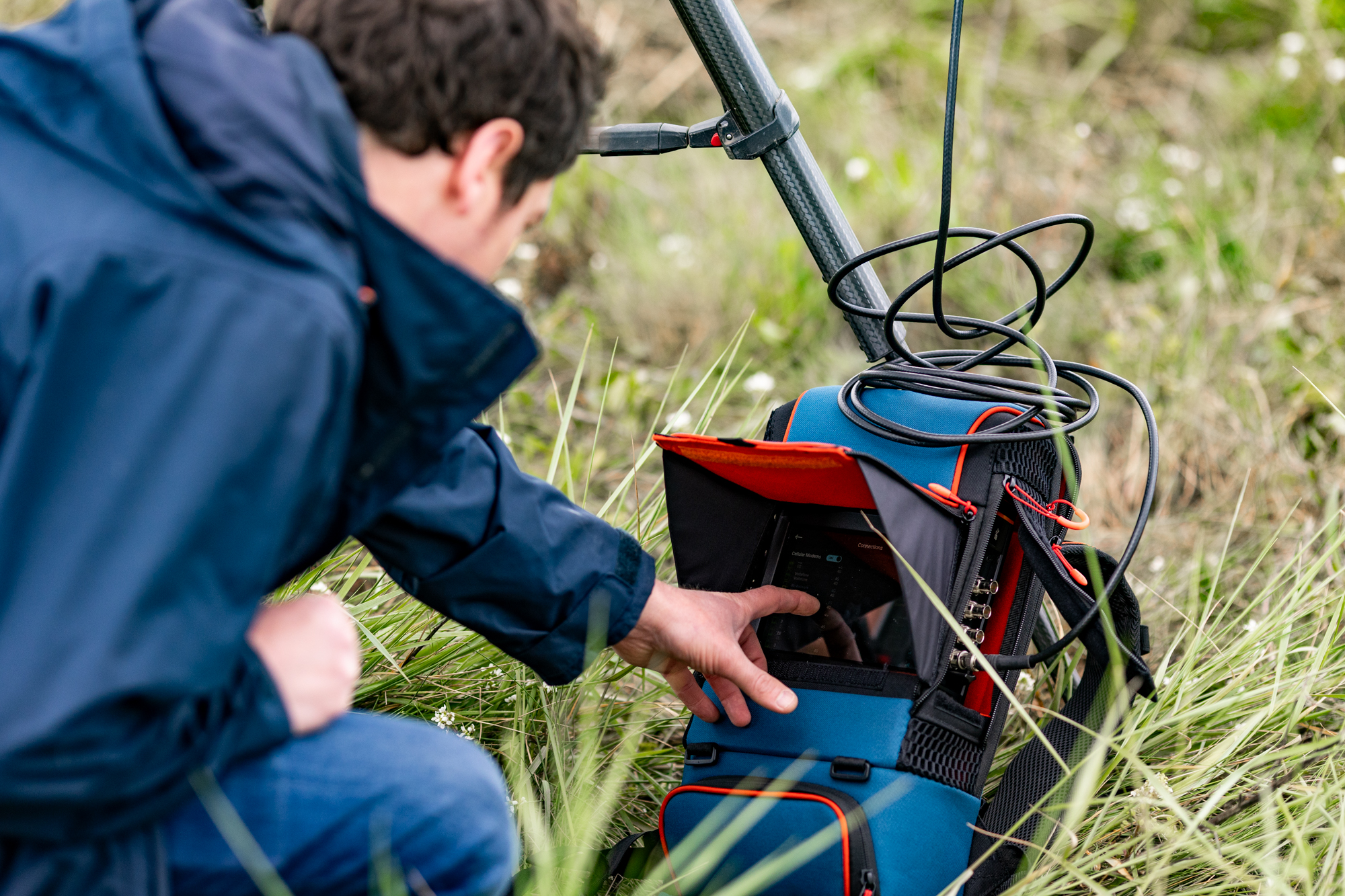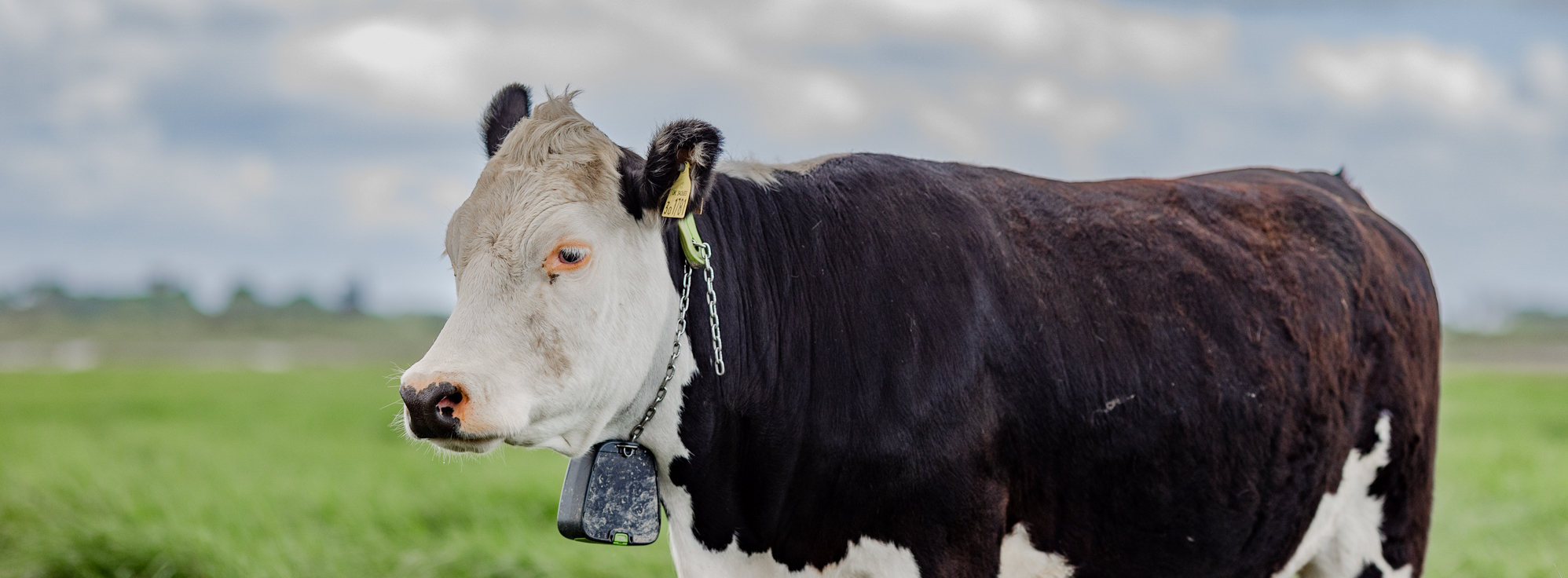
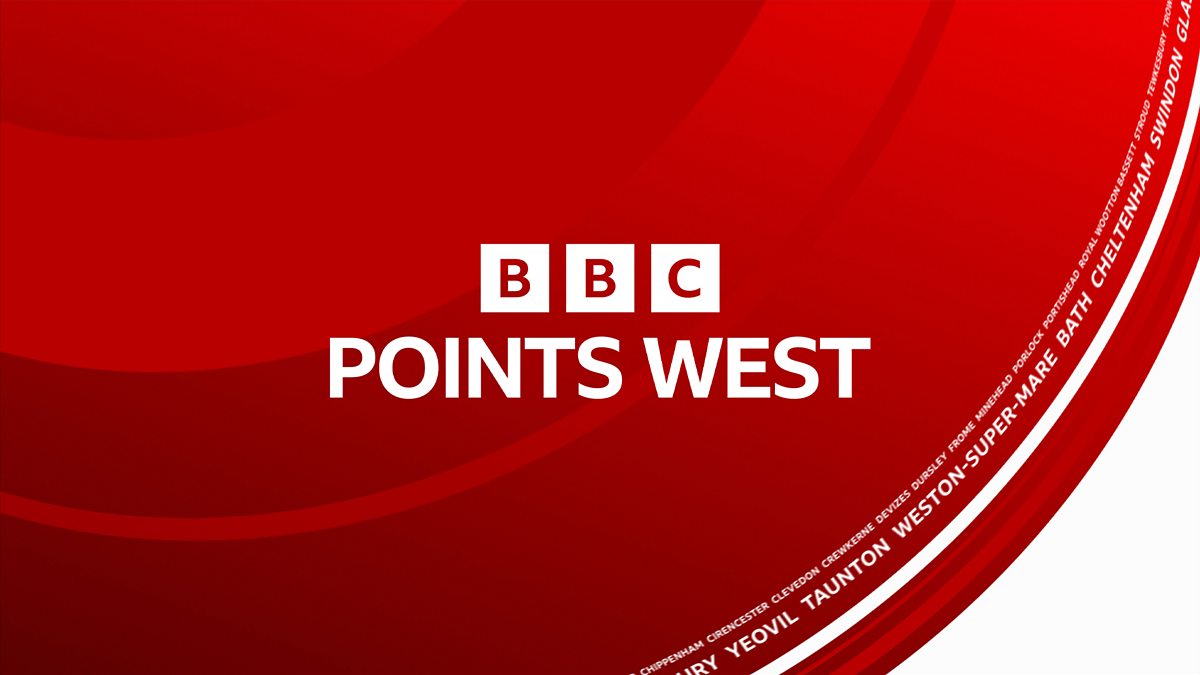
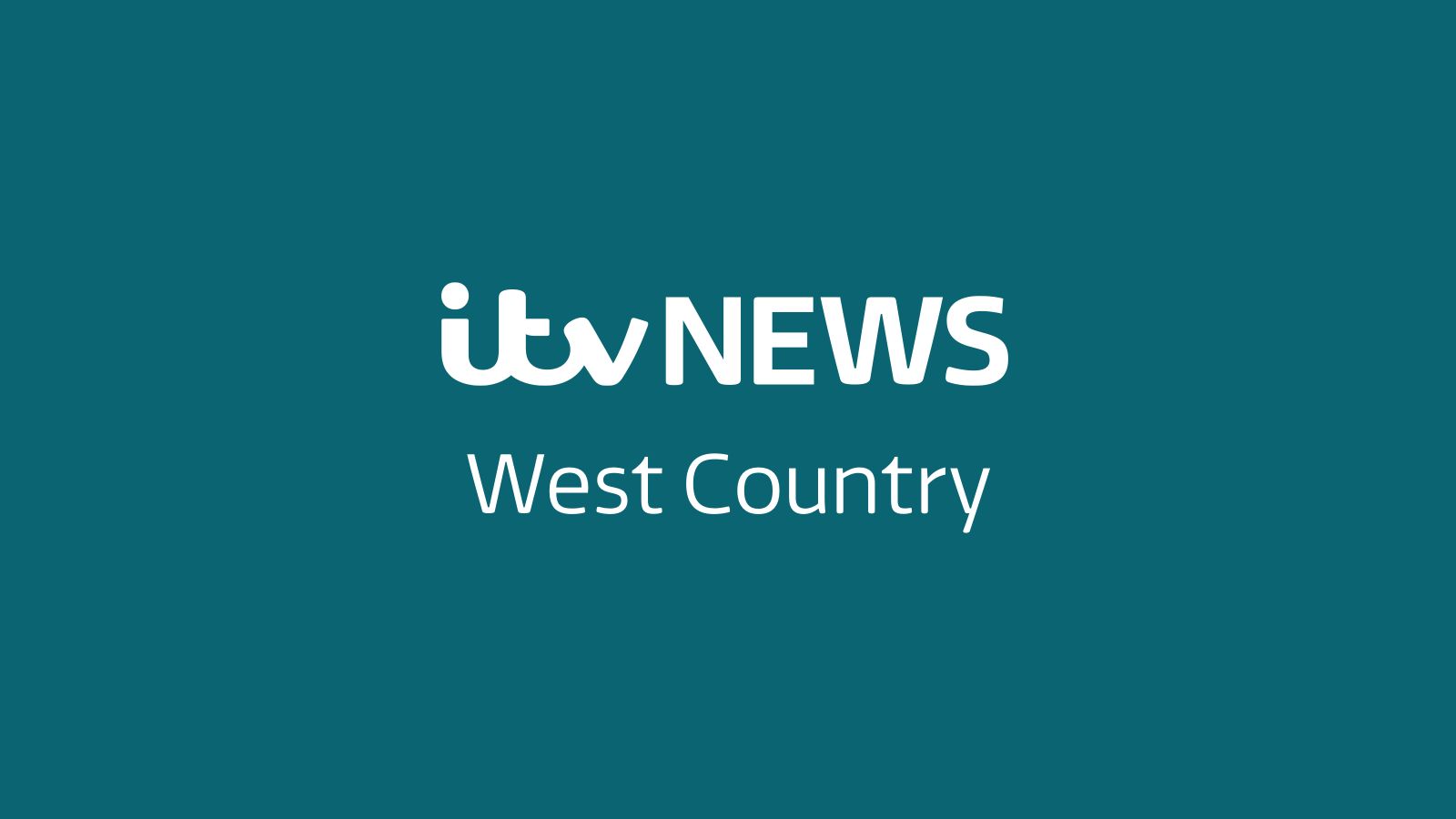
Steart Marshes, located in the picturesque region of Steart, Somerset, is home to a groundbreaking initiative by the Blue Carbon Farming Company in collaboration with the Wildfowl and Wetlands Trust (WWT). Recently, this innovative project caught the attention of major media outlets, with BBC Points West and ITV West Country visiting us to conduct interviews with Andy from The Blue Carbon Farming Company and Nicole from the WWT.
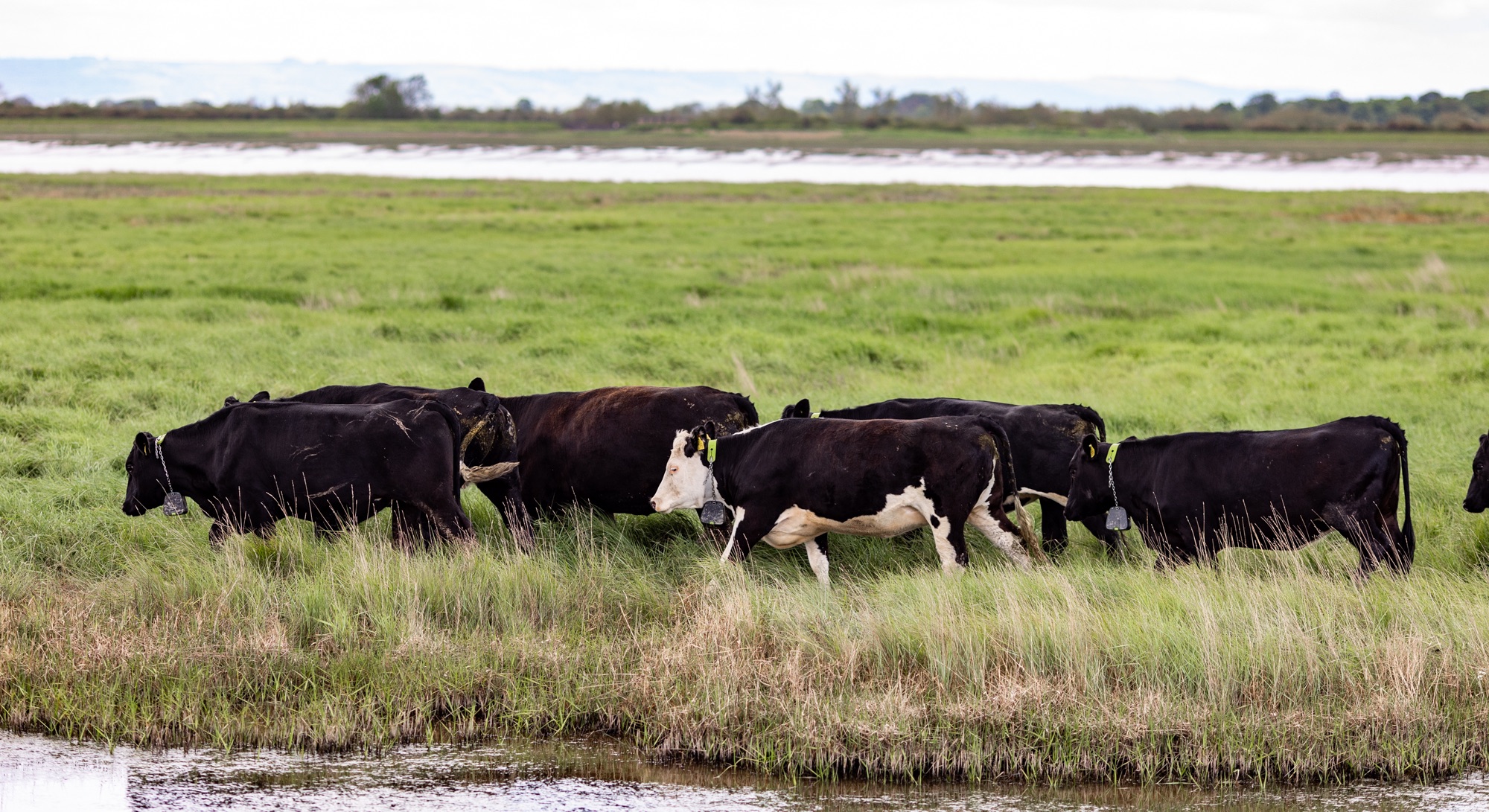
The focus of the media spotlight from both BBC Points West and ITV West Country was the implementation of GPS NoFence collars on the cattle grazing the Steart Marshes. This cutting-edge technology represents a significant advancement in sustainable farming practices and environmental conservation.
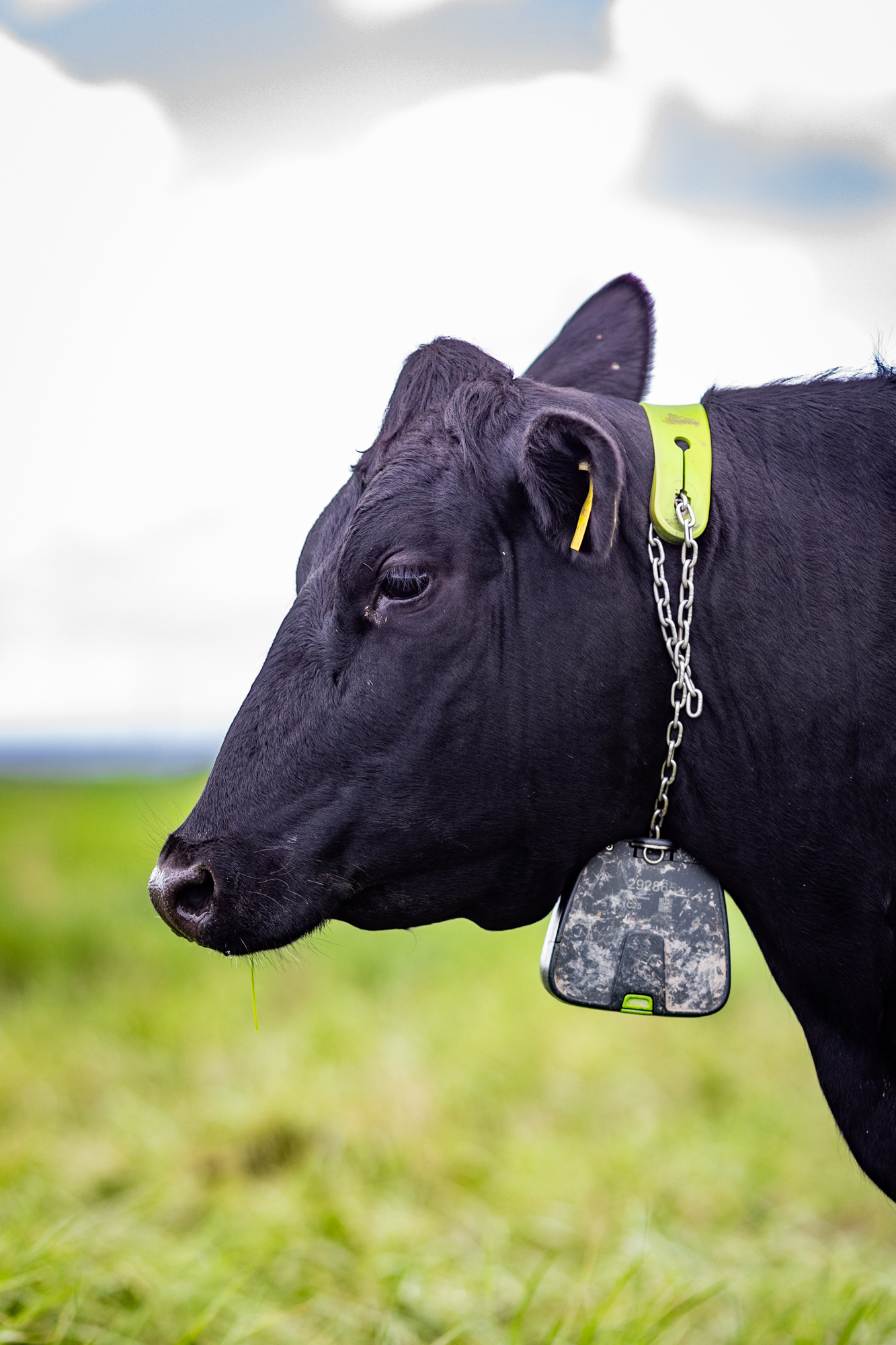
Pioneering Technology in Action
The GPS NoFence collars are a revolutionary approach to cattle management. Unlike traditional physical fences, these collars use GPS technology to create virtual boundaries. This system allows farmers to control where the cattle graze without the need for intrusive and often environmentally disruptive fencing.
Andy explained the benefits of this technology during his interview with BBC West Country. “The GPS NoFence collars not only provide a flexible and humane way to manage our cattle but also have a minimal impact on the landscape. This is crucial for maintaining the delicate ecosystems within the Steart Marshes.”
Enhancing Environmental Conservation
Steart Marshes is a haven for wildlife, supporting a diverse range of bird species, insects and other fauna. By utilising GPS NoFence collars, the Blue Carbon Farming Company and the WWT are ensuring that the natural habitats remain undisturbed. This technology allows the cattle to graze in specific areas, promoting the growth of native plants and enhancing the overall biodiversity of the marshes and grazing in areas that need it.
Nicole from the WWT highlighted this aspect during her interview with ITV West News. “The integration of GPS NoFence collars helps us to balance agricultural practices with wildlife conservation. It’s a win-win situation where we can support local farming while protecting and even boosting the biodiversity of this unique environment,”.
Government Funding
The NoFence collars have been supplied by the WWT as part of the Government funding from the Species Survival Fund will enable the cattle to graze areas across 290 hectares of saltmarsh that haven’t been grazed in more than 30 years. The aim is to naturally manage the vegetation by geofencing the cattle to areas that need grazing, help limit areas where there are nesting birds and also bring the cattle back in closer when we have high tides in the estuary. You can read more about the Government funding here.
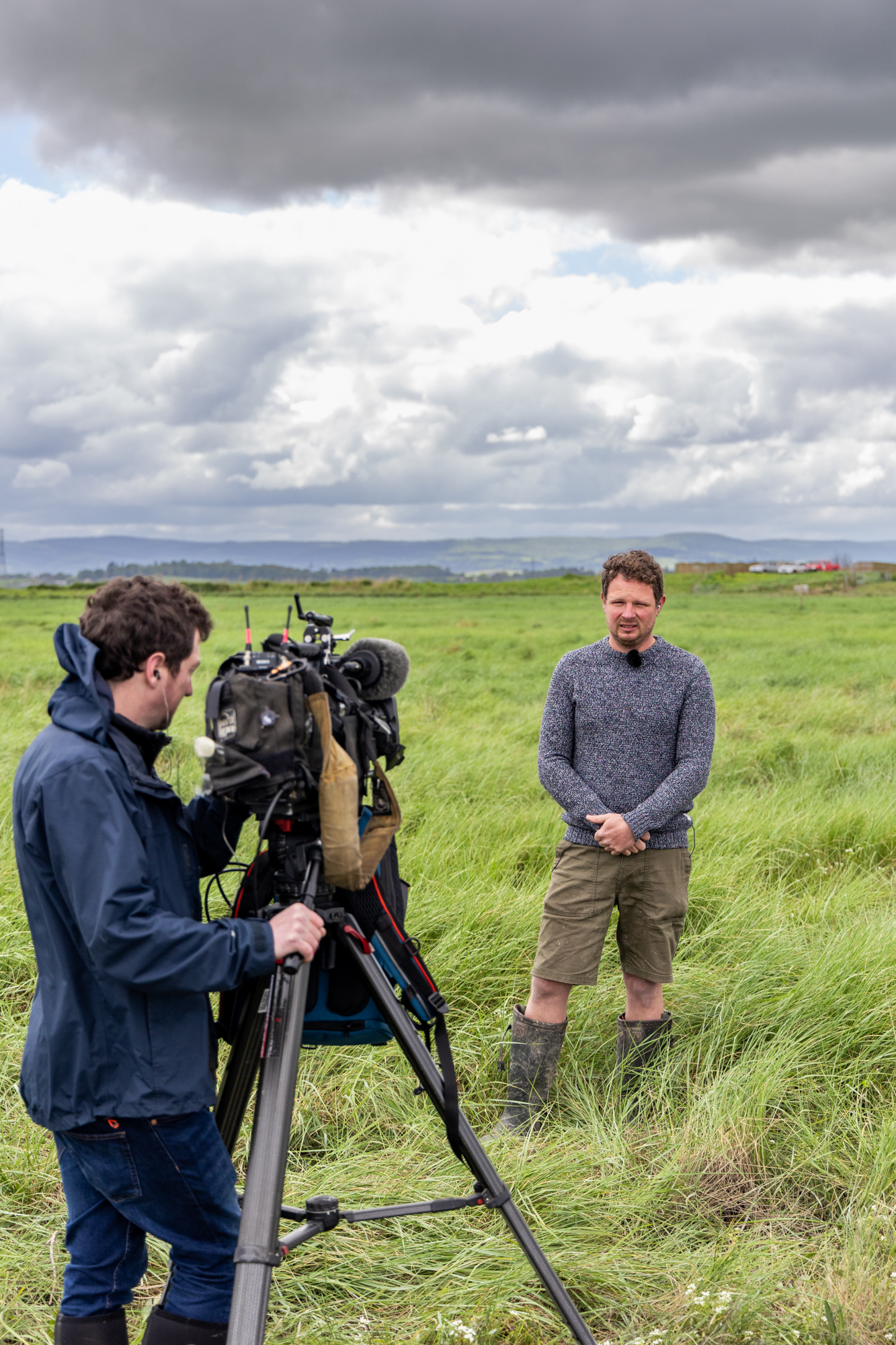
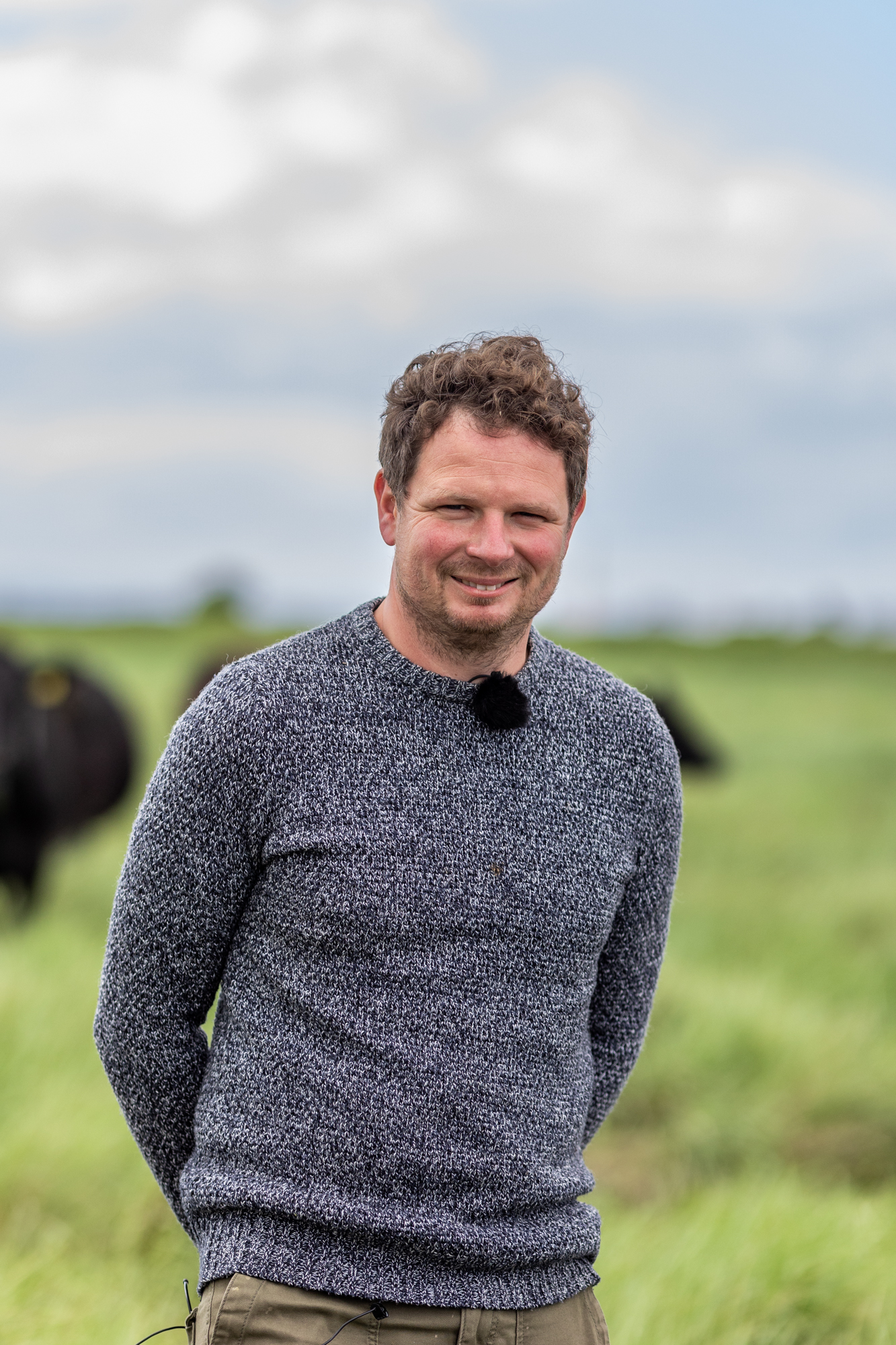
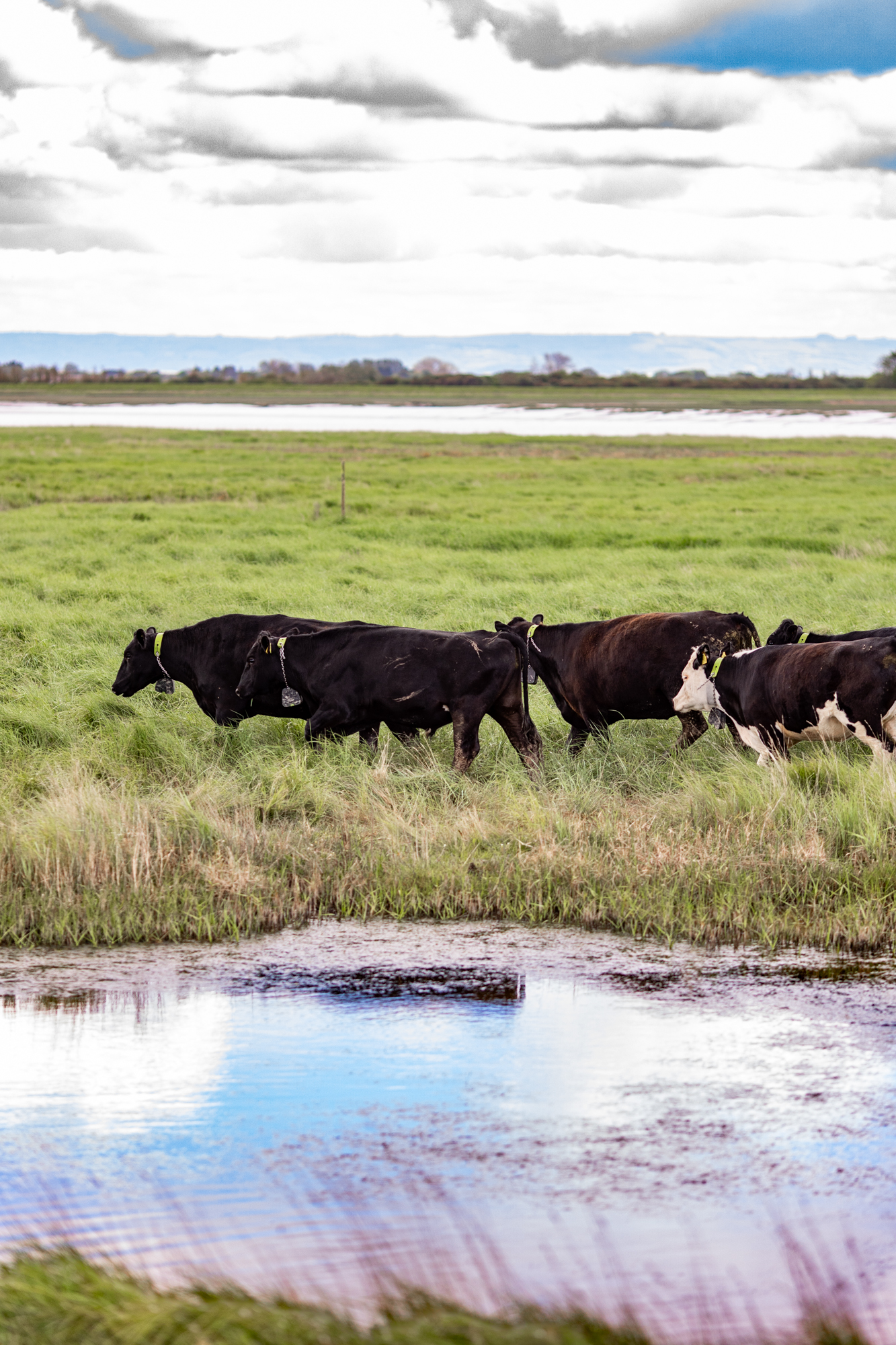
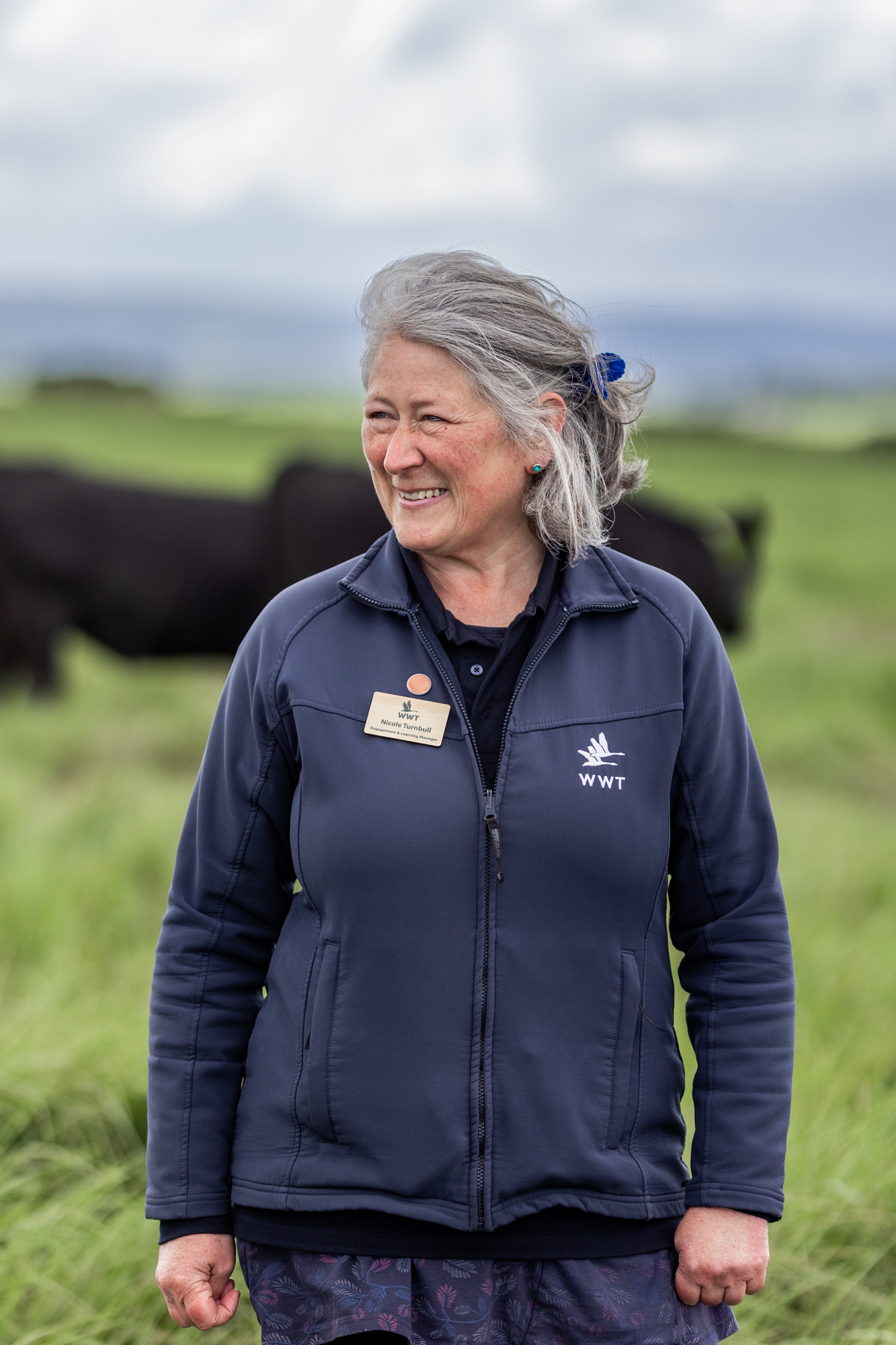
Blue Carbon Farming: A Sustainable Future
The initiative at Steart Marshes is a part of the broader Blue Carbon Farming Company’s mission to promote sustainable farming practices that benefit both the environment and the local community. Blue carbon refers to carbon captured by the world’s ocean and coastal ecosystems. Coastal wetlands, like those at Steart Marshes, are incredibly effective at sequestering carbon, thus playing a crucial role in mitigating climate change.
By adopting innovative technologies like GPS NoFence collars, the Blue Carbon Farming Company is leading the way in sustainable agriculture. This approach not only helps in carbon sequestration but also supports the agricultural economy by improving cattle management practices.
Looking Ahead
The coverage by BBC West Country and ITV West News has shone a spotlight on the remarkable work being done at Steart Marshes. The interviews with Andy and Nicole from WWT have highlighted the potential of GPS NoFence collars to transform cattle farming and environmental conservation.
As the Blue Carbon Farming Company continues to innovate and promote sustainable practices, Steart Marshes stands as a model for other farming communities to follow. The combination of advanced technology and a commitment to environmental stewardship ensures a brighter, more sustainable future for both the local ecosystem and the farming industry.

